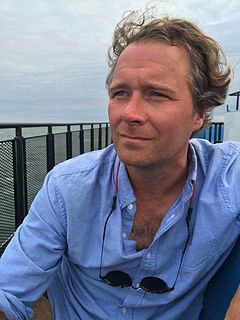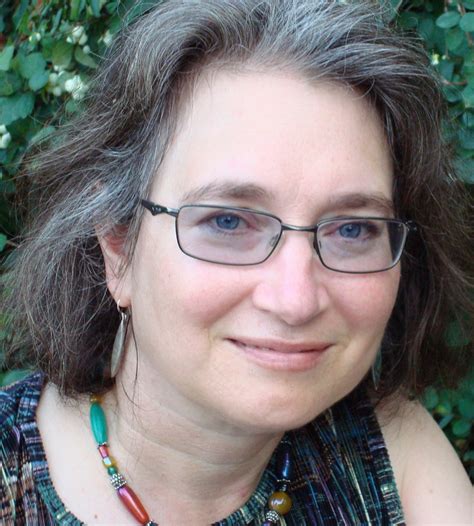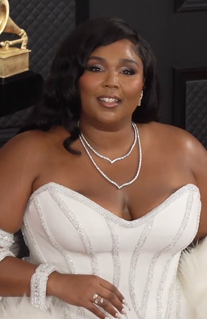A Quote by Dan Chiasson
I treat myself as one of the sources. And, again, I think that’s accurate. One of the poets I read most frequently is myself. I really do. I read my own poems obsessively.
Related Quotes
My biggest poetic influences are probably 20th-century British and Irish poets. So I suppose I'm always listening for the music I associate with that poetry, the telling images, the brevity. I want to hear it in my own work as well as in the poetry I read. However, I think I'm generally more forgiving of other poets than myself.
So when it comes to being a role model to women, I think it's because of the way that I feel about myself, and the way that I treat myself. I am a woman, I treat myself with respect and I love myself, and I think that if I'm holding myself to a certain esteem and keeping it real with myself, then that's going to translate to people like me.
I read everything. I'll read a John Grisham novel, I'll sit and read a whole book of poems by Maya Angelou, or I'll just read some Mary Oliver - this is a book that was given to me for Christmas. No particular genre. And I read in French, and I read in German, and I read in English. I love to see how other people use language.
I don't spend time thinking about an aesthetic out of which I create or an ideal toward which my body of work is heading. It's amazing, when I read interviews with other poets, to see how articulately they discuss their own writing, as if they were sharing long-held theories on the work of Pope or Keats. I'm happy enough that I've poured the best of myself into the poems themselves.
As for the differences between audio and the printed page, the sonic aspects of poetry are important to me. I read my poems aloud to myself as I'm composing them. And I enjoy reading to an audience. I think people get tone more easily when they hear a writer read her work. Some people have told me they hear more humor in my poems at a live reading than when they see them on the page. I think that may be a matter of pacing. On the other hand, I've listened to a lot of poetry readings and I know how much you can miss. If you stop to really register one line, you miss the next three or so.







































